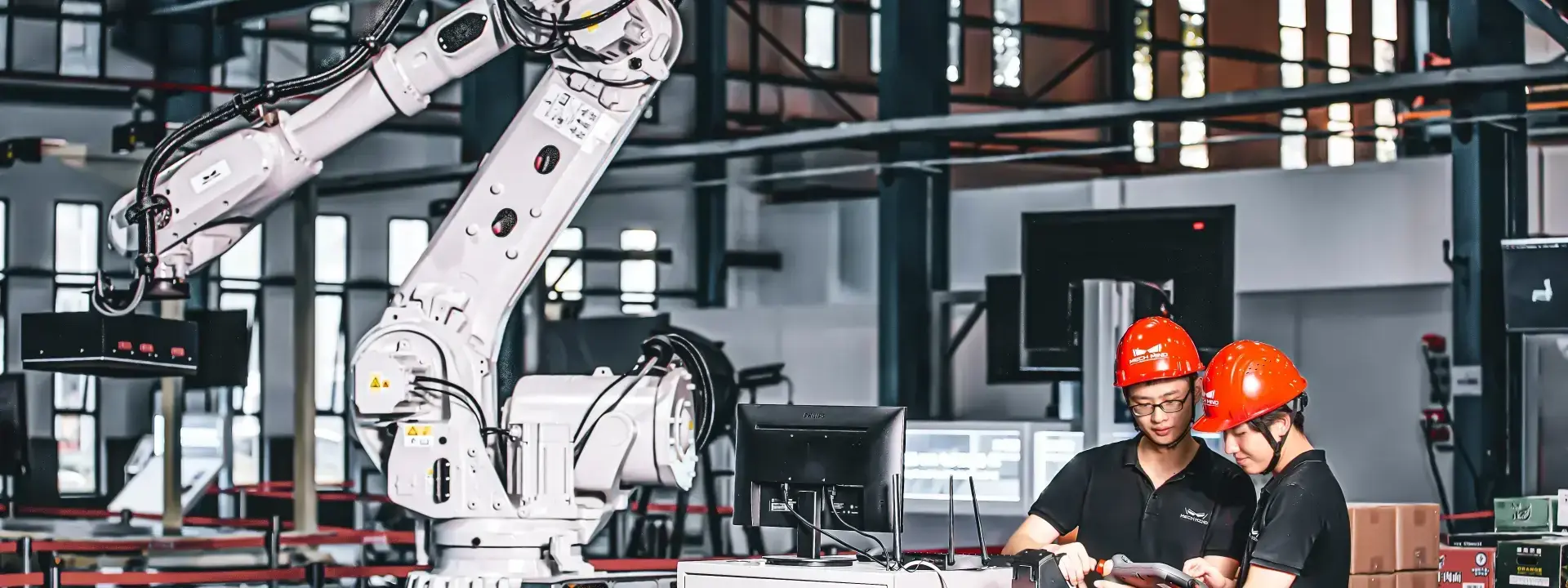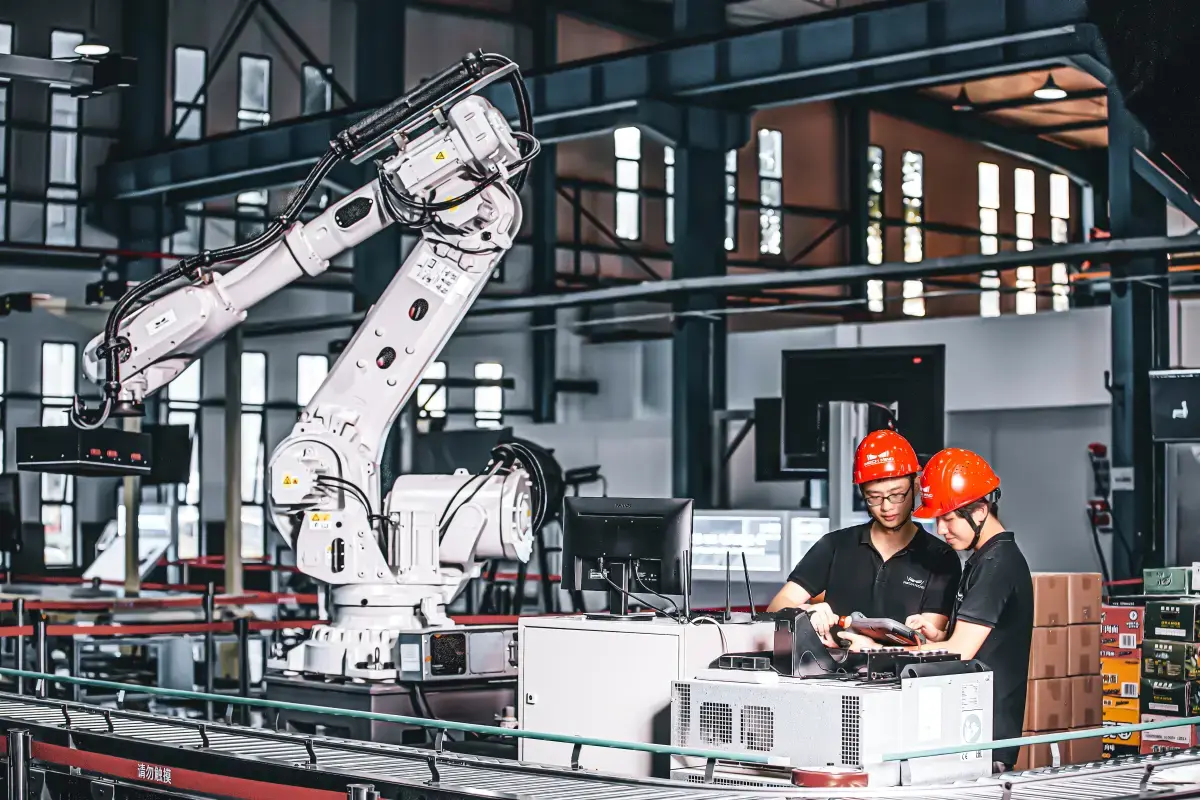
Engineering & Manufacturing Services in Norway
Find the Best Engineering & Manufacturing Work in Norway Near You
Hire the Most Trusted Local Engineering & Manufacturing Workers Near Me. Choose how you work. Choose who you hire.

Find & Hire Engineering & Manufacturing Experts via our 4 Flexibile Work Services in Norway
Choose which service works for you to find, hire and recruit highly skilled and trusted Norwegian Engineering & Manufacturing Experts
Gigs
Jobs
Volunteers
Promote
How the gigexchange Norway gig economy service works?
Create Your Gig Economy Listing in Norway
Post any gig job work task you need completed by our experts
Select the Best Freelancers & Gig Workers in Norway
Select from our trusted & verified Norwegian self-employed gig workers
Safe & Secure Financials in Norway
We hold the money while the work gets completed to your satisfaction
How the gigexchange Norway job portal website works?
Business & Recruiters in Norway
Advertise your Engineering & Manufacturing Jobs for FREE to recruit and employ the best job seekers in Norway
Job Hunters in Norway
Search for Full-Time & Contract Jobs. Find your dream Norwegian job through our online recruitment & employment platform.
How the gigexchange Norway volunteering platform works?
Charities & Non-Profit Organisations in Norway
Post a Volunteer Advert for FREE, always!
Volunteers in Norway
Search and find volunteering roles in Norway
How the gigexchange Norway advertising service works?
Post a Classified Ads in Norway
Advertise your Engineering & Manufacturing business service in Norway for FREE
Find New Customers in Norway
Connect and engage with new customers in Norway
Feedback, Ratings & Reviews
Grow your brand on gigexchange through our Customer Testimonials & Accredited Reviews
Check our Engineering & Manufacturing Services
What is the Engineering & Manufacturing Industry in Norway
The manufacturing industry in Norway is a vital part of the country’s economy. It contributes to almost 13% of employment and 17%of Gross Domestic Product (GDP). The sector employs more than 160,000 people across the nation who are involved in activities such as refining oil, producing chemicals and metals products, building ships, making machinery components etc. Norway has been historically known for its shipbuilding capabilities dating back centuries ago when wooden boats were built along most Norwegian coasts. Today this tradition continues with larger vessels being constructed both onshore and offshore by major industrial companies like Ulstein Verft AS or Salt Ship Design & Solutions Ltd.. This type of production involves specialized knowledge about naval architecture which makes these firms very competitive globally leading them to win large orders from overseas customers including China Merchant Energy Shipping Co., COSCO-Pacific Limited or Mitsui OSK Lines Japan among others . Furthermore Norway also produces electronic equipment used within marine industries like radar systems produced by Kongsberg Maritime AS that helps navigate through rough seas safely allowing global trade between nations. Other types of maritime technology developed locally includes autopilot devices manufactured at Simrad Optronics ASA , communications gear provided by Thrane&Thrane A/S , sonar solutions created at TeledyneBenthos Inc among other items needed onboard todays vessel fleets worldwide . Manufacturing activity can be found throughout all regions in Norway but some areas focus their efforts mainly towards certain sectors due to local resource availability or skillset specializations while others rely heavily on foreign imports instead since it may not be economically feasible for everyone nor does every region have enough personnel trained adequately for specific tasks required so sometimes outsourcing becomes necessary either way though there will always remain an overall dependence on imported goods especially those containing higher tech content where domestic production might prove too costly compared against what comes from abroad thus creating a balance between external sources versus internal development giving rise even further economic growth opportunities focused around innovation research & development initiatives aiming primarily targeted exports markets alongside existing trends already established domestically resulting improved employment rates job creation increased wages better social services plus greater wealth distribution nationwide thereby contributing significantly positive impacts felt widely publically benefiting society well beyond just financial bottom lines alone hence why growing importance placed upon sustaining continued success seen here far into future ahead

What is the role & importance of the Engineering & Manufacturing Industry Associations in Norway
Manufacturing industry associations are important in Norway as a form of organized cooperation between member companies, which can help them to improve their operations and increase their competitiveness. These organizations provide valuable support services such as access to training programs; exchange information on market trends, legal issues and technology innovation; organize trade shows or seminars for members’ benefit; lobby the government when necessary with collective interests specific to this sector. The main role of manufacturing industry associations is creating an environment where firms from different industries join together under one umbrella organization that represents mutual interest forces upon various policy makers at national level. This helps businesses reach out beyond local borders through networking opportunities provided by these entities thus increasing global visibility for Norwegian manufacturers who otherwise might have been limited due to language barriers or geographic distances preventing direct contact with potential customers abroad . Furthermore , association activities often include lobbying efforts aimed towards improving regulation concerning industrial production standards, reducing taxes applied over certain products/services etc., ensuring fair competition among its members (by unifying rules about pricing policies) etc – all helping business owners achieve better profitability results while also promoting healthy economic growth overall throughout society

What are the benefits of joining a Engineering & Manufacturing Industry Association in Norway
The Manufacturing Association in Norway provides a number of benefits to its members. These include: 1) Access to Expertise and Knowledge - Through the association, business owners have access to experts who can provide advice on specific issues related to their industry or sector as well as general information about trends within manufacturing in Norway. They also benefit from being able connect with other businesses and professionals operating within the same field which helps create new opportunities for collaboration, knowledge sharing and networking. This creates an environment where best practices are shared amongst all stakeholders providing mutual benefit for everyone involved; 2) Representation & Advocacy – The Norwegian Manufacturing Association represents its member companies at relevant meetings with government agencies that help shape policy decisions impacting manufacturers both nationally and internationally . By having direct contact between representatives from these associations it is easier for them communicate concerns regarding important topics such as regulations affecting trade policies , taxation levels etc., ensuring fair treatment across all industries ; 3) Training Programs– Regular training programs organised by the organisations offer valuable insight into cutting edge technologies used by leading players in different sectors enabling members stay up-to-date while keeping abreast of latest developments throughout Europe; 4 ) Research & Benchmarking Opportunities – Members get exclusive access research data compiled through initiatives conducted jointly among multiple countries helping decide strategic investments based on factual evidence rather than guesswork alone.; 5 ) Events & Networking Opportunities– Periodic events put together under this umbrella enable professional contacts be made between people working similar roles allowing better understanding each others’ needs facilitating increased cooperation towards achieving common goals; Overall joining these type of organizations offers invaluable advantages not just limited but those mentioned above making membership extremely attractive especially when considering how much time could be saved gathering useful resources independently without any assistance provided here

What are the current work opportunities in the Engineering & Manufacturing Industry in Norway
Self-Employed Contractor/Freelancer: There are various opportunities for self-employed contractors and freelancers in the manufacturing industry in Norway. These include roles such as design engineers, machinists, assemblers, fabricators and technicians to name a few. The majority of these positions will require prior experience or specialized training depending on the company’s needs; however there may also be possibilities for entry level work if one is willing to do research into available job openings online or through networking contacts within their field of expertise. 2. General Job Market: For those looking at full time employment with a Norwegian employer there are many options available across all levels from apprentice right up to managerial posts including sales personnel who specialise in market development related specifically towards product lines handled by companies based out of this region (for example electrical engineering). As well as more traditional production line staff jobs that can involve anything from machine operation through welding & finishing processes – most major employers here have dedicated recruitment departments which list vacancies suitable applicants should check regularly using both conventional media outlets along with social networks like LinkedIn etc.. 3 Volunteering Opportunities : There could potentially be volunteering opportunities offered by organisations working within the sector (i e universities running R&D projects) although these tend not always advertise widely so it would take some effort researching potential sources before approaching them directly about any particular role you might consider taking part in pro bono basis - ideal way get involved without having commit long term obligations during period when still establishing yourself professionally but feel free contribute something worthwhile back community .








